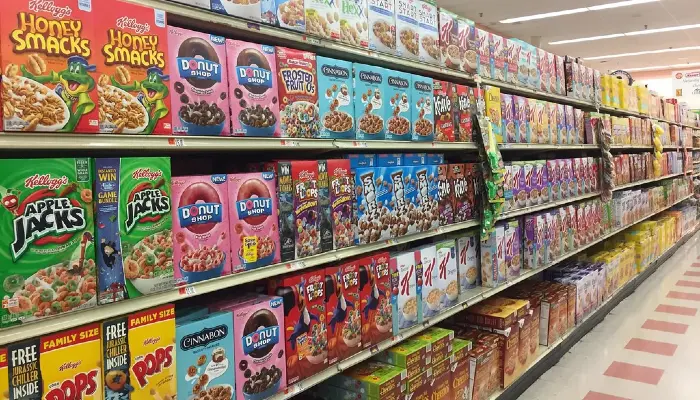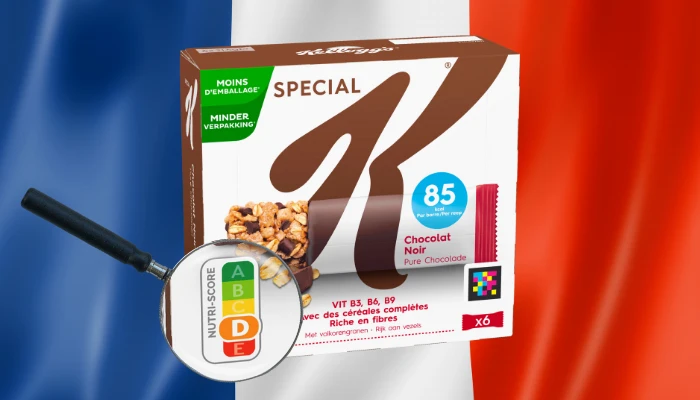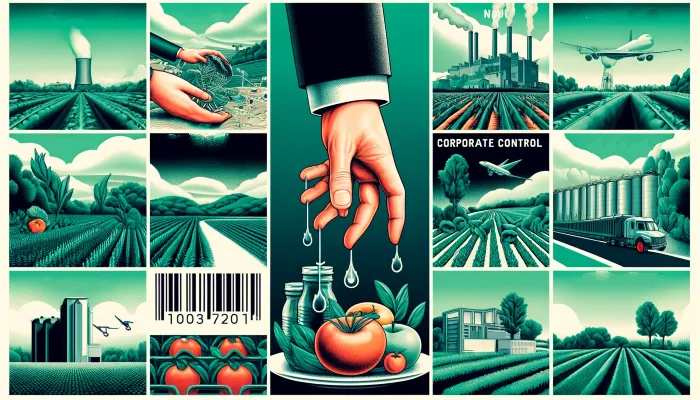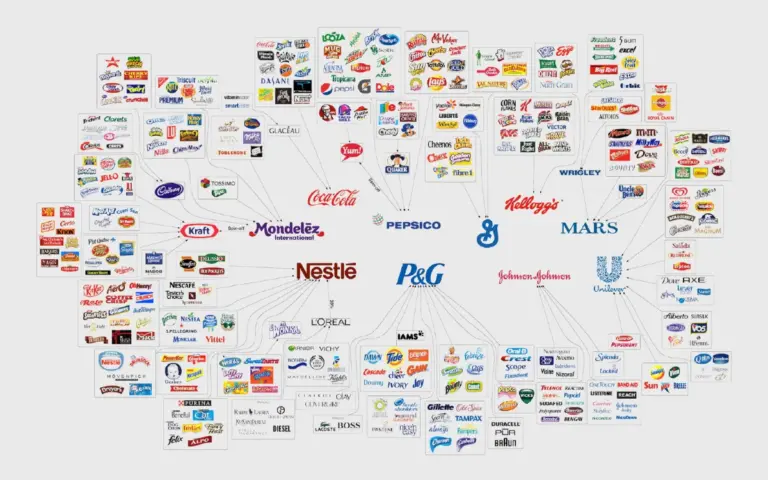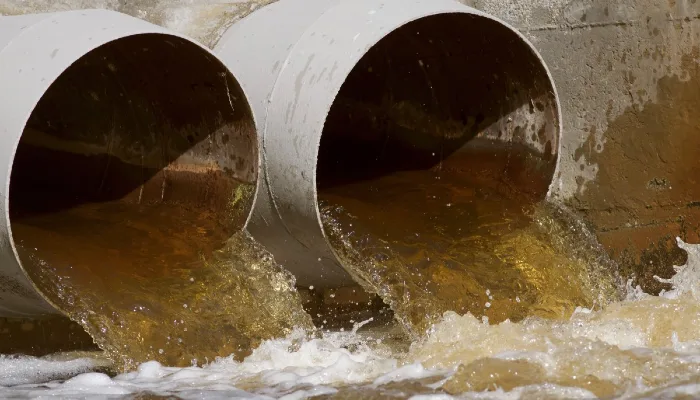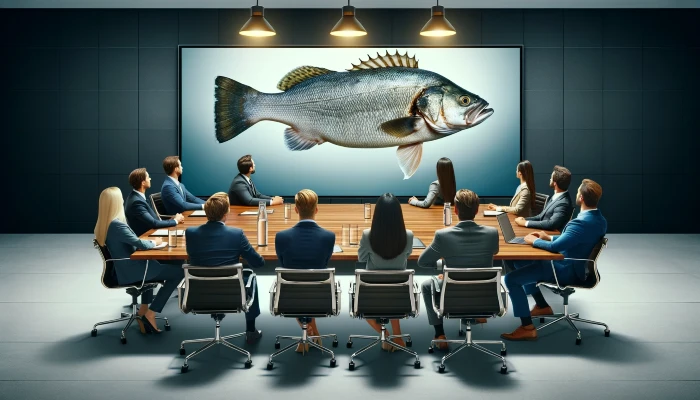Nestlé, a global behemoth known for its chocolates and bottled water, has a dark history filled with exploitation, unethical practices, and scandal. Here are 17 horrifying facts about the most evil things Nestlé has done.
In 2002, Ethiopia was in the throes of one of the worst famines in history. Nestlé, however, demanded $6 million from the Ethiopian government for a debt owed by a nationalized company Nestlé had acquired.
Now, despite making $3.9 billion in profit that year, Nestlé insisted on reclaiming the money. The massive conglomerate ignored the millions of starving people who could have benefited from that sum and still demanded the measly six million. The company faced global backlash and eventually backed down, but the damage to their reputation was done.
Nestlé targeted poor countries in Asia and Africa with a devious marketing strategy. They hired saleswomen to pose as nurses and distribute free samples in maternity wards, convincing mothers that formula was healthier for their babies.
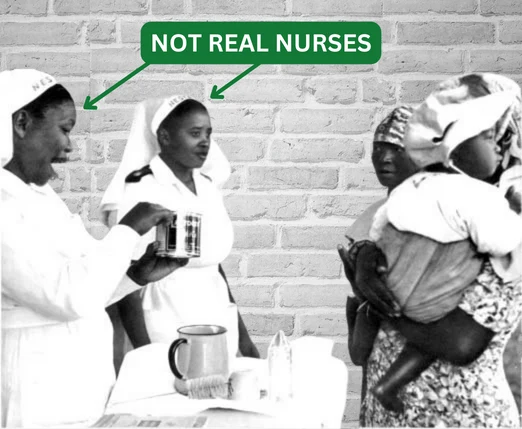
This practice led to increased infant mortality and malnutrition, as mothers mixed the formula with contaminated water. These samples were designed to last just long enough for mothers to stop producing breast milk, making them dependent on Nestlé’s formula.
The scandal prompted a boycott and the creation of the International Code of Marketing of Breast-milk Substitutes by the World Health Organization, which Nestlé initially resisted but eventually had to follow.
In Pakistan, Nestlé was found diverting clean drinking water from poor villages to their factories. They packaged this water and sold it back to the same communities at high prices.
The villagers, who couldn’t afford the expensive bottled water, were left with polluted water, leading to various health issues. Another example of Nestlé’s disregard for basic human rights in their pursuit of profit.
Nestlé has repeatedly been exposed for using child labor in their cocoa supply chain. Reports revealed that children as young as five were working in hazardous conditions, often without pay. Despite pledging to end child labor, Nestlé has made little progress.
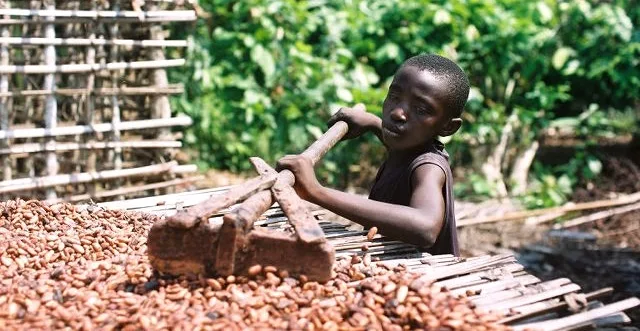
Instead, the giant has routinely missed deadlines and continues to profit from the exploitation of vulnerable children. The company’s cocoa plantations have been linked to illegal deforestation and severe human rights abuses, further tarnishing their reputation.
Nestlé’s Purina Beneful dog food contained harmful substances, including industrial-grade glycols found in antifreeze, leading to internal bleeding and liver failure in thousands of dogs. Despite over 4,000 complaints and a lawsuit, Nestlé faced no consequences, and continued to sell the toxic food. This scandal exposed Nestlé’s negligence and lack of accountability in ensuring the safety of their products.
During the Flint water crisis, Nestlé capitalized on the disaster by extracting water from a clean source near Flint and selling it back to the residents at sky-high prices.
While Flint residents struggled with polluted water, Nestlé paid only \$200 per year for the rights to the water source. The company eventually donated some water back to the community, but only after significant public pressure in the media and online and loud calls for consumer boycotts. There was no apologetic statement made by Nestle, not even a hollow one!
Luciano Romero, a union leader at a Nestlé co-owned milk factory in Colombia, was assassinated in 2005. Romero had been receiving death threats and had informed Nestlé, but the company refused to help.
An investigation revealed Nestlé’s indirect involvement in the assassination, as they had ties with the paramilitary groups responsible. Despite evidence, Nestlé faced no significant repercussions and the global food giant evaded accountability once again.
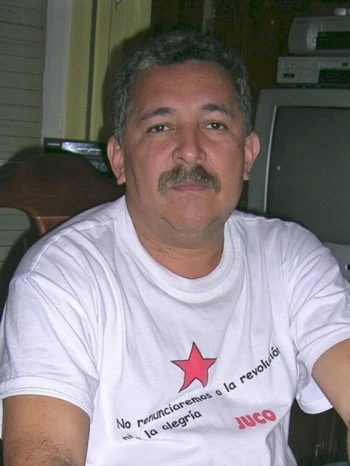
Nestlé has been caught selling bottled tap water labeled as “spring water.” In a lawsuit dating back to 2012, it was revealed that the company was bottling and selling tap water under misleading labels. This deceptive practice allowed Nestlé to profit immensely from a resource that is essentially free, highlighting their manipulative marketing tactics.
In 2008, Nestlé was found using a chemical in their milk products in China to falsely indicate higher protein content. This dangerous practice led to the hospitalization of 54,000 babies. The scandal revealed Nestlé’s disregard for safety standards and willingness to compromise public health for profit.
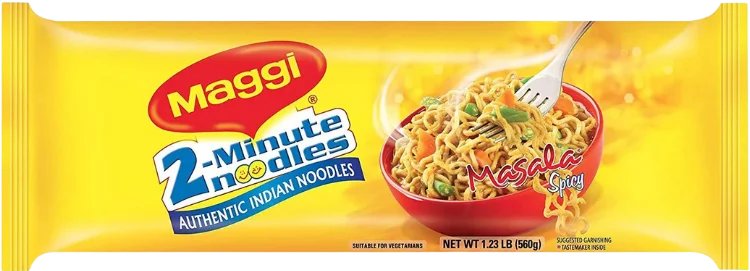
In 2015, Nestlé’s Maggi noodles were found to contain excessive levels of lead in India, leading to a nationwide ban. The incident revealed significant lapses in quality control and regulatory compliance. Nestlé’s slow response to the crisis further eroded public trust in their commitment to product safety.
In 2009, Nestlé faced an E. coli outbreak linked to their cookie dough, resulting in numerous illnesses. The contamination highlighted severe lapses in their food safety protocols. Despite the health risks, Nestlé continued to downplay the issue, prioritizing their brand image over consumer safety.
Nestlé has a history of buying up water rights, effectively privatizing public resources. In many cases, this has led to the depletion of local water supplies, leaving communities without access to clean water. Nestlé’s actions demonstrate their prioritization of profit over environmental sustainability and community well-being.
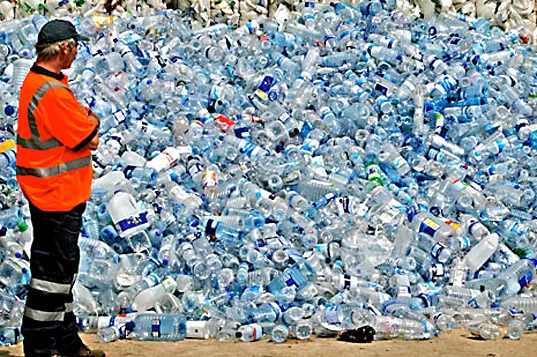
Nestlé’s “Healthy Hydration” campaign falsely promoted bottled water as eco-friendly and essential for good health. In reality, most of their plastic bottles end up in landfills, contributing to environmental pollution. The campaign was a greenwashing tactic to distract from their environmental impact and boost sales.
Nestlé has been accused of misleading advertising, particularly regarding the nutritional benefits of their products. Many of their products, marketed as healthy, contain high levels of sugar, salt, and unhealthy fats. This deceptive marketing has contributed to rising health issues like obesity and diabetes.
Nestlé has been repeatedly accused of violating labor rights across its global operations. Reports have documented poor working conditions, inadequate wages, and suppression of workers’ rights to unionize. The global food Juggernaut has a long history of labor exploitation to maximize profits.
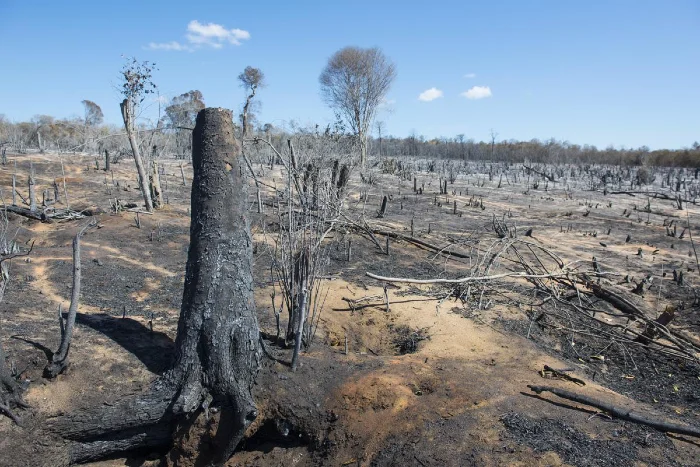
Nestlé’s operations have been linked to significant environmental destruction, including deforestation and water depletion. Their cocoa plantations, in particular, have contributed to the illegal cutting down of trees in Africa, affecting biodiversity and contributing to climate change.
Nestlé has used its immense financial power to influence regulations and policies in its favor. Through extensive lobbying efforts, they have shaped food safety standards, environmental regulations, and labor laws to benefit their operations, often at the expense of public interest. Here are a few examples:
- Undermining Water Rights: Nestlé has lobbied against regulations that would ensure public access to clean water, promoting policies that favor privatization of water resources. This has allowed them to continue extracting and selling water in areas where local communities struggle to access this basic necessity.
- Weakening Food Safety Standards: Nestlé has pushed for more lenient food safety regulations that benefit their production processes, often at the expense of consumer health. Their influence has helped delay stricter controls on contaminants and additives in food products.
- Opposing Environmental Protections: Nestlé has campaigned against environmental regulations that would limit their ability to exploit natural resources. This includes lobbying against measures to protect water sources and prevent deforestation, thereby enabling their continued environmental degradation.
These dark practices reveal the extent to which Nestlé has prioritized profit over ethics, human rights, and environmental sustainability.
Understanding these facts is crucial for consumers who wish to make informed choices and hold corporations accountable.









